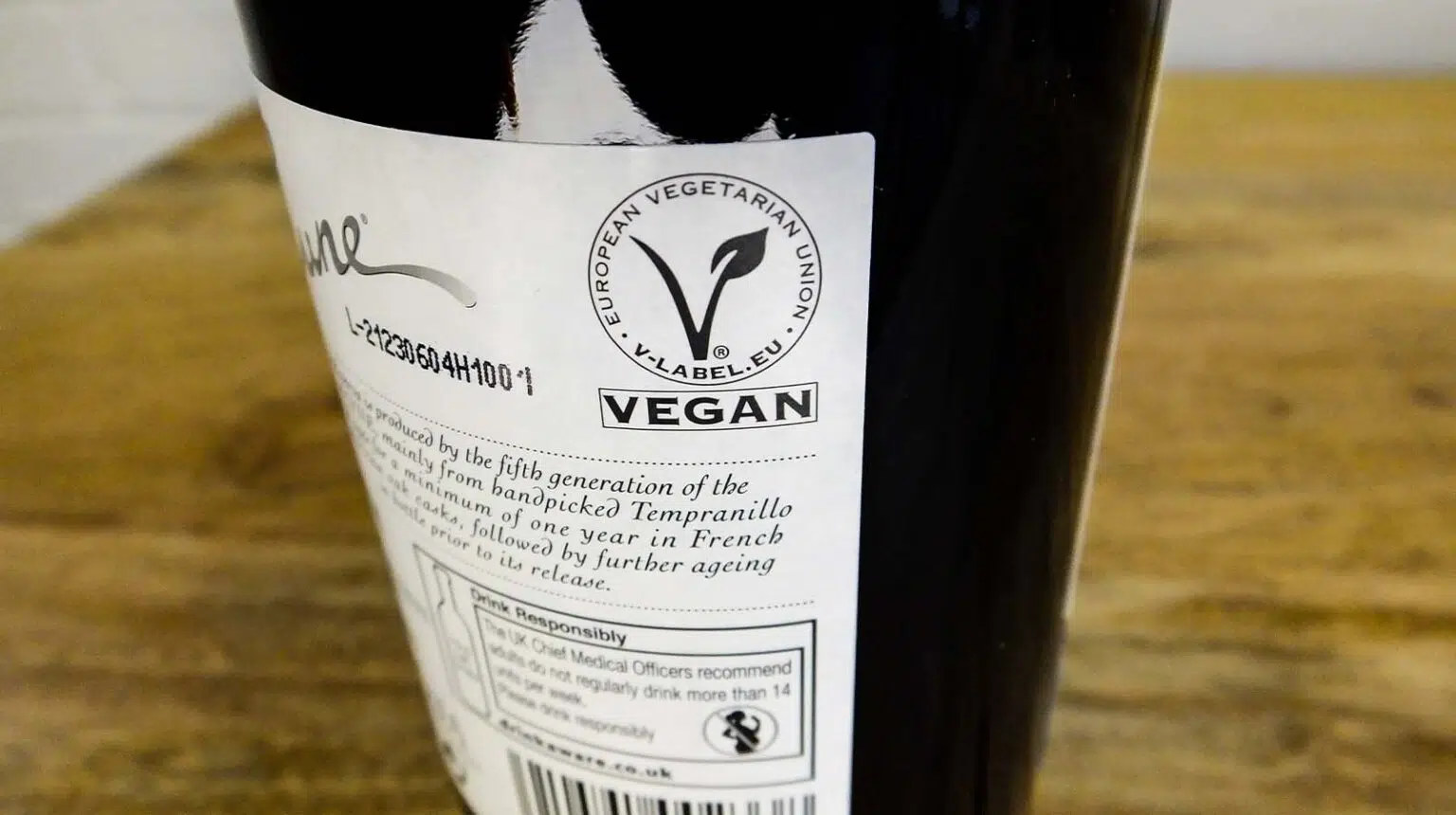In recent years, vegan wines have surged in popularity, attracting wine enthusiasts and environmentally conscious consumers alike. But what exactly sets vegan wines apart from traditional wines? This comprehensive exploration delves into the rise of vegan wines, explaining their unique production methods, the absence of animal-derived fining agents, and the benefits they offer to both consumers and the planet. Whether you’re a seasoned sommelier or a casual wine drinker, understanding the nuances of vegan wines can enhance your appreciation and guide your choices. Join us as we explore the fascinating world of vegan wines and discover why they are becoming a staple in modern wine culture.
What Are Vegan Wines?
Vegan wines are crafted without the use of any animal-derived products during the winemaking process. Traditional wines often use fining agents like egg whites, gelatin, or casein to clarify the wine, but vegan wines rely on plant-based or mineral alternatives. This ensures the wine is suitable for vegans and those with dietary restrictions.
The key difference lies in the clarification process. While conventional winemakers might use animal proteins to remove sediments and tannins, vegan wine producers employ alternatives such as bentonite clay, activated charcoal, or plant-based proteins. These methods achieve the same clarification results while maintaining the wine’s vegan status.
The Rise in Popularity
The demand for vegan wines has grown significantly as more consumers seek ethical and sustainable products. This trend aligns with the broader movement towards plant-based diets and environmentally friendly choices. Wineries worldwide are responding by offering more vegan-certified options, making it easier for consumers to find wines that match their values.
Market research indicates that the global vegan wine market has experienced double-digit growth over the past five years. This surge reflects changing consumer preferences, with millennials and Gen Z leading the charge toward more conscious consumption patterns.
Benefits of Choosing Vegan Wines

Choosing vegan wines supports animal welfare by avoiding animal-derived fining agents. Additionally, many vegan wines are produced with sustainable practices, reducing environmental impact. For consumers, vegan wines offer transparency and align with a lifestyle that prioritizes health and ethics.
Beyond ethical considerations, vegan wines often showcase purer flavors since plant-based fining agents tend to be gentler on the wine’s natural characteristics. Many wine enthusiasts report that vegan wines maintain more of their original terroir expression.
How to Identify Vegan Wines
Look for labels that indicate vegan certification or check winery websites for production details. Many retailers now highlight vegan wines, making selection straightforward. Apps and online resources can also help consumers discover vegan-friendly options.
Popular certification bodies include the Vegan Society and various organic wine associations. Additionally, many wine apps now feature filters specifically for vegan wines, making discovery easier than ever.
Market Trends and Future Outlook
The sustainable wine movement continues to gain momentum, with vegan wines at the forefront. Industry experts predict that vegan wine production will increase by 25% over the next three years as more wineries adopt animal-free practices.
Premium vegan wines are also emerging, challenging the misconception that vegan means lower quality. Award-winning vegan wines from renowned regions like Bordeaux, Tuscany, and Napa Valley demonstrate that ethical production doesn’t compromise excellence.
The rise of vegan wines reflects a growing awareness of ethical consumption and environmental responsibility. By choosing vegan wines, consumers not only enjoy delicious beverages but also contribute to a more sustainable and compassionate world. As the market expands, vegan wines are poised to become a permanent fixture in the wine industry.


